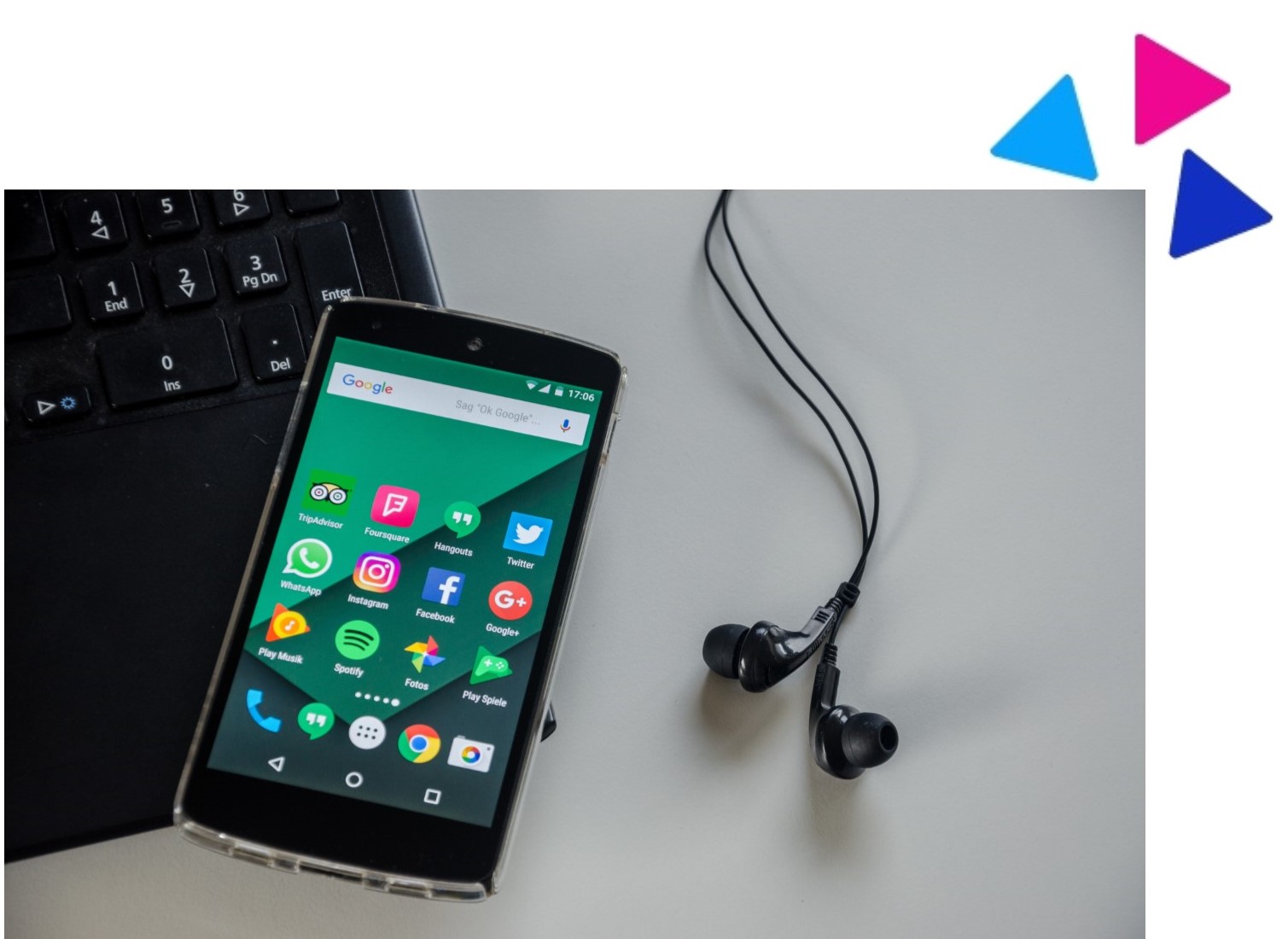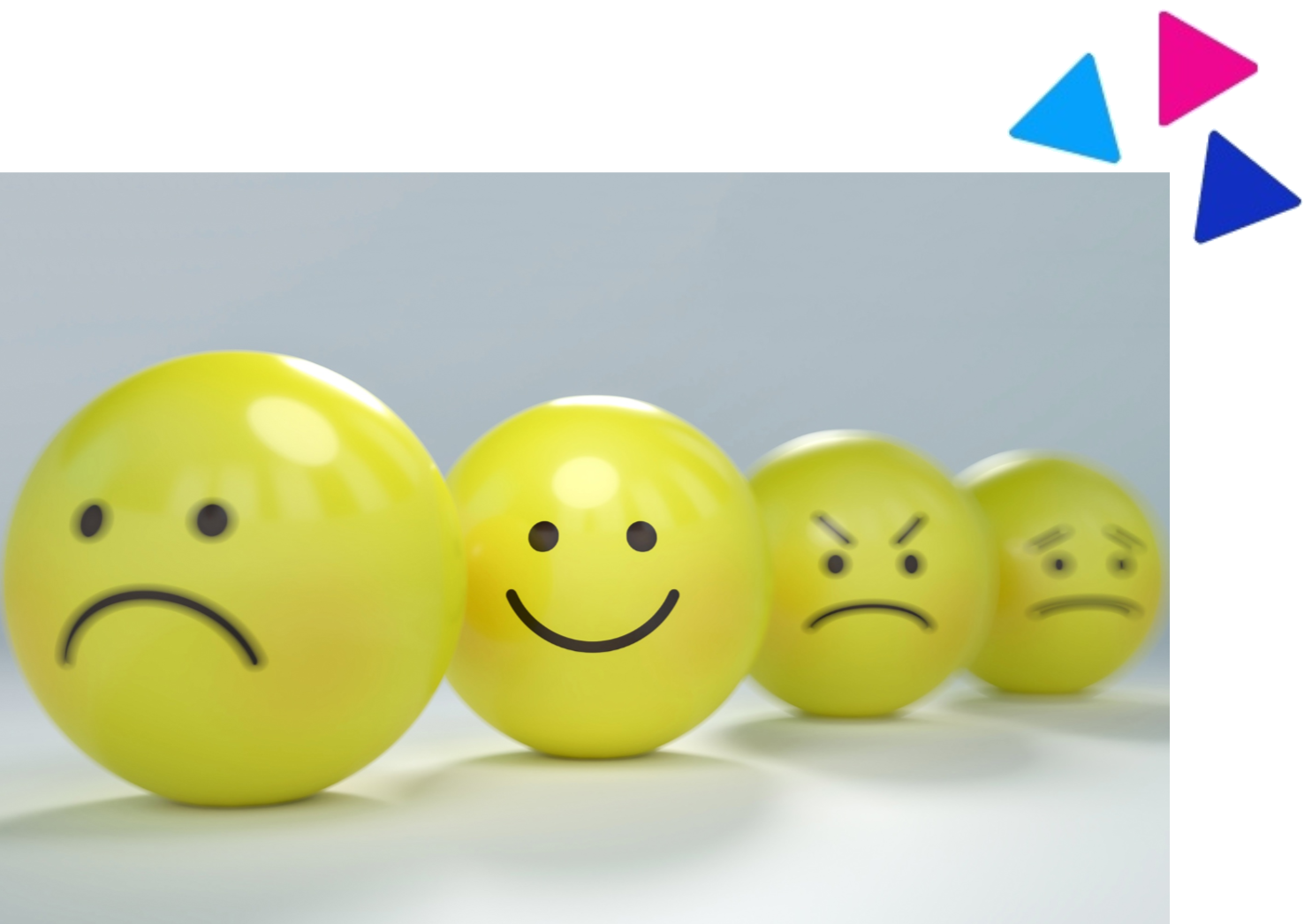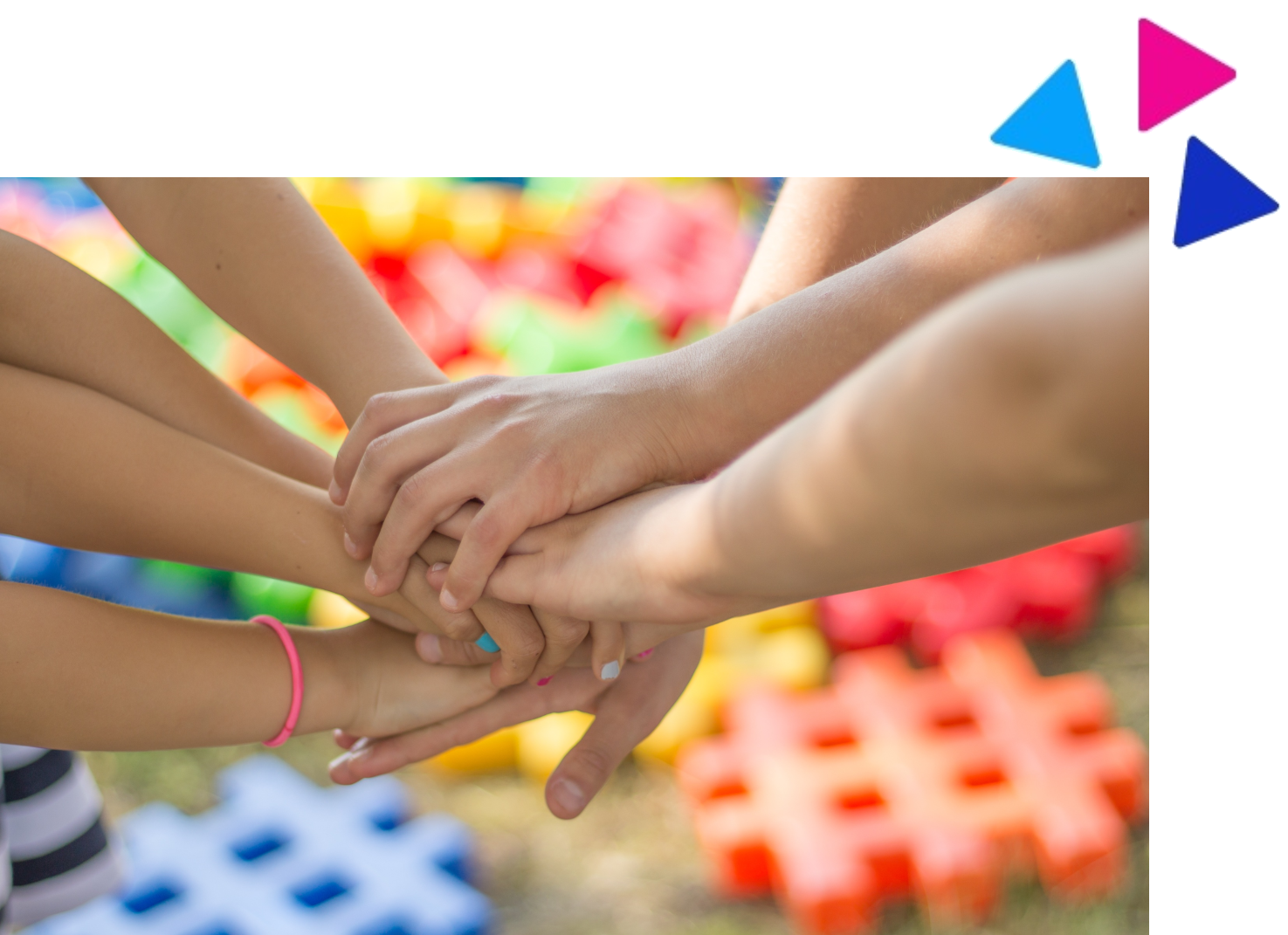With the ratification of the United Nations Convention on the Rights of Persons with Disabilities in 2006, 182 states committed themselves to the comprehensive inclusion of persons with disabilities. In various articles such as access to information and education (Art. 24), participation in public and political life (Art. 29) as well as participation in cultural life, recreation, leisure and sport (Art. 30), states commit to removing barriers and enabling participation.
In this context, digital media play an important role in various functions: they can be used as a support system; they have the potential to reduce stigmatisation and enable participatory processes. At the same time, digitalisation is also accompanied by various challenges, especially with regard to understanding and using digital content.
This is where the online training "Active Media Education For Disabled Youth" comes in and - on the basis of three modules - would like to explore the opportunities of digital media with you and sensitise you to the risks.
All modules are structured as follows:
- In the category Background Knowledge you can acquire basic knowledge. You will receive references to studies and other interesting publications.
- Under Practice, you can apply the acquired knowledge yourself and get suggestions for your own pedagogical work with your young people.
- In the area of Exchange and Reflection you can reflect on your experiences and insights from background knowledge and practice and use the forum to exchange ideas and thoughts with other learners.
If you have read all sections of the Background Knowledge and carried out the exercises from the practical part and marked them as completed, as well as made a constructive contribution to the exchange in our forum, you will receive proof of completion of the respective module in the form of a digital "badge".
You can determine the amount of time you spend in the different areas of background knowledge or practice. This depends on your own prior knowledge in the respective subject area.



